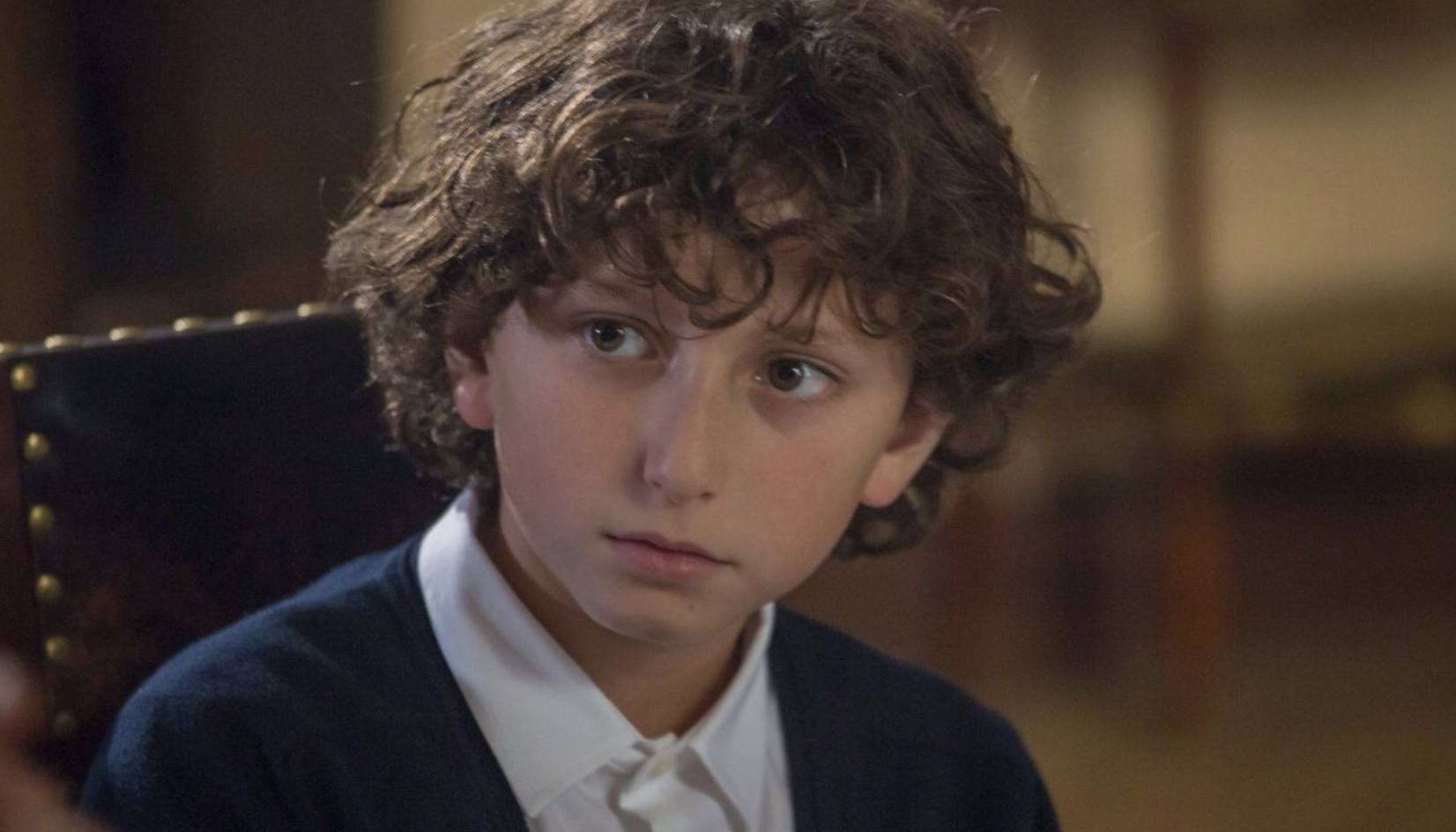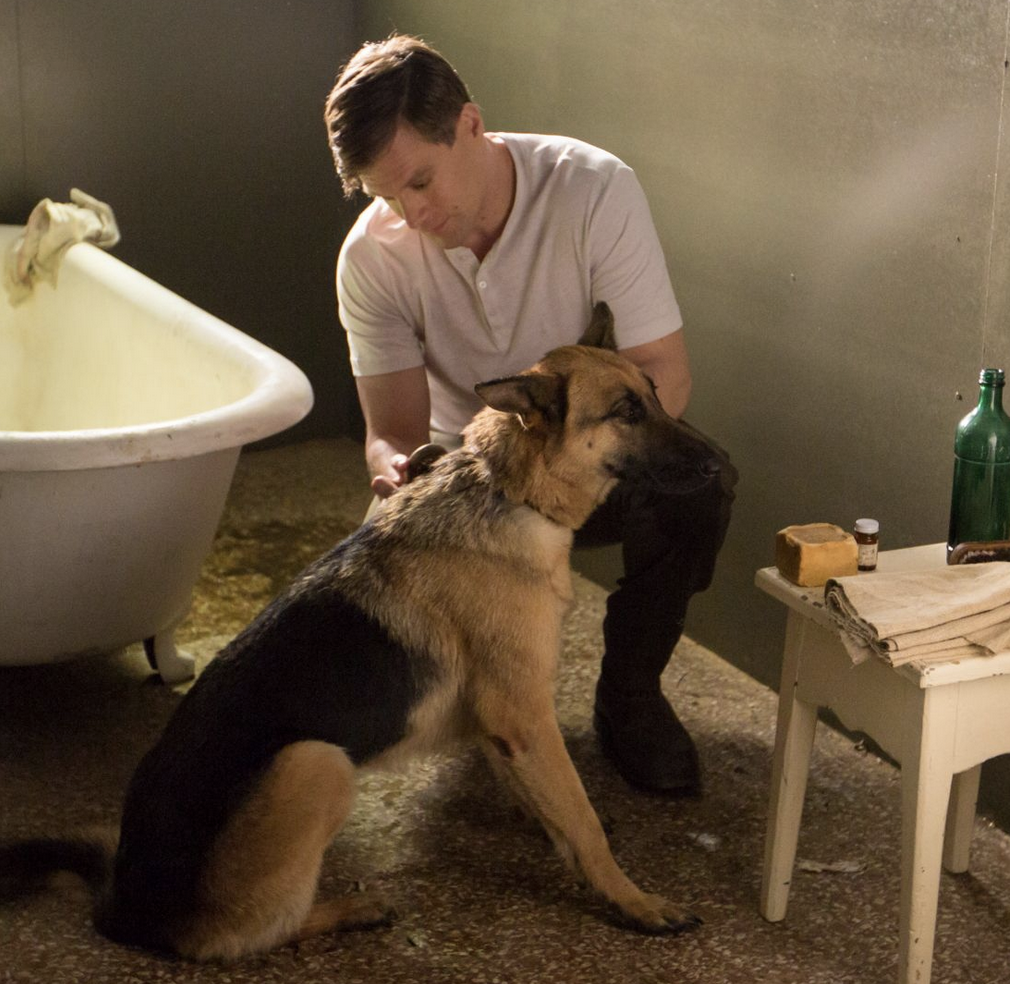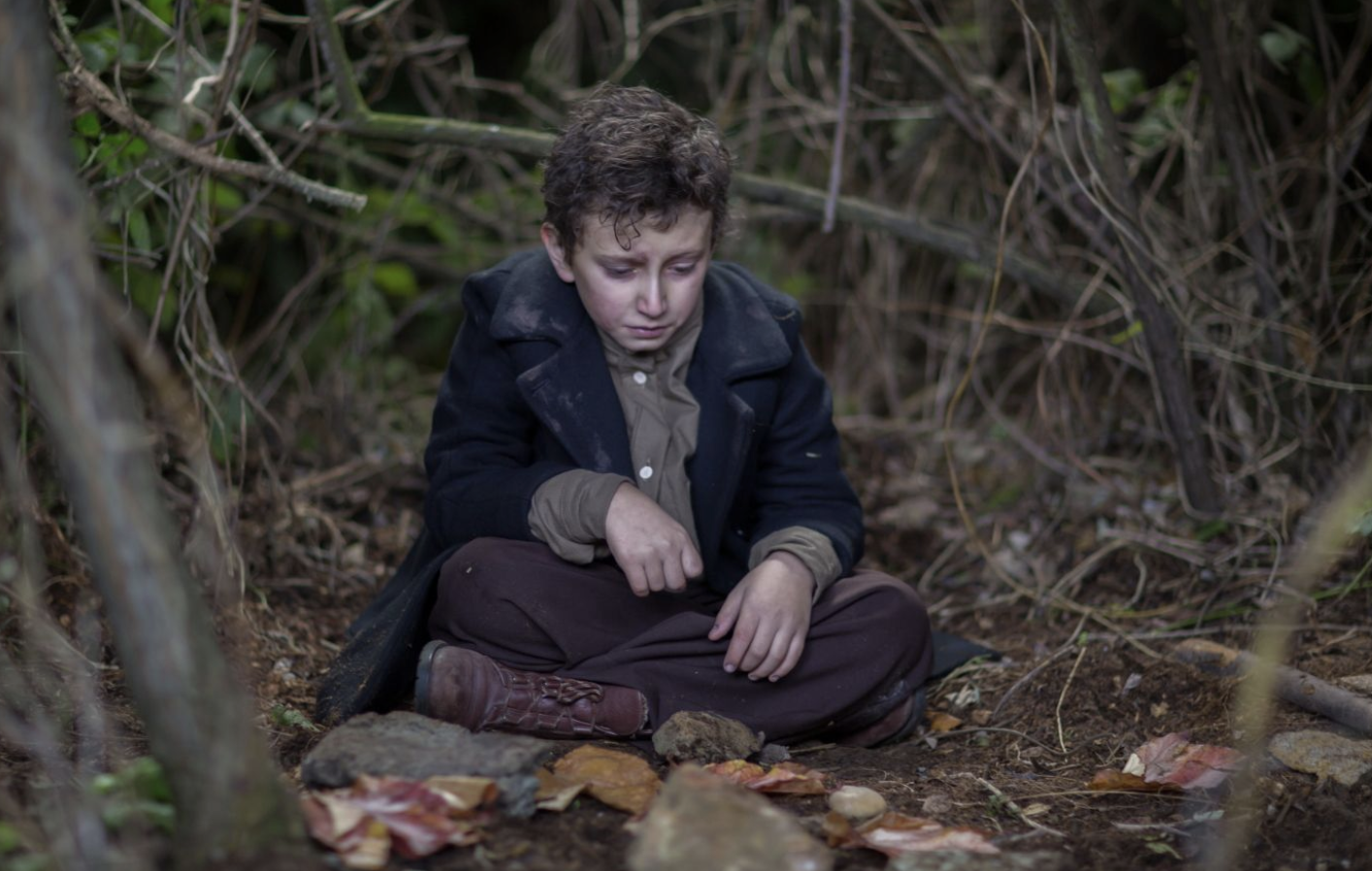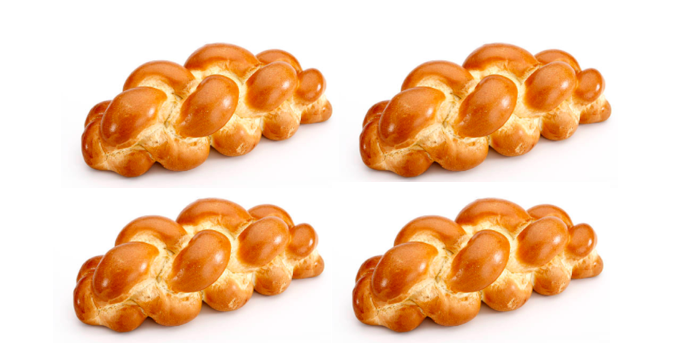In Shepherd: The Story of a Jewish Dog, It’s Nazi Germany through Canine Eyes
By Sue Weston and Susie Rosenbluth – Two Sues on the Aisle
Historians have long known that the numerical facts of war can be numbingly distancing and dispassionate, but finding a way to discuss how one individual dealt with those facts can make for riveting storytelling. In her film, Shepherd: The Story of a Jewish Dog, Lynn Roth looks at what happened to German Jews, beginning with the start of the Nazis’ reign of terror, through the eyes of a puppy born into a Jewish home and the family, especially the son, who loves him.
Perhaps one of the most important messages of this deeply poignant film is that just loving animals is not enough to make a person a mensch.
As opposed to so many animal stories in which the humans are divided into the good guys, who love and treat four-legged creatures well, and the bad guys who see them as products to be turned into fur coats, this film recognizes that a dog-lover can kiss his favorite pet on the nose and one second later, can murder a starving little boy who dares to take a bite of food meant to be fed to livestock.
Viewers who are used to seeing German Shepherds in a negative light will find their prejudices challenged by the film’s protagonist, whose name is Kaleb, chosen by the Jewish family in whose living room he is born precisely because it means “dog” in Hebrew.
Based on the Israeli novel, The Jewish Dog, by Asher Kravitz, the film opens in a quirkily endearing way with the birth of a litter of German Shepherd puppies, in the stylish Berlin apartment of a loving upper-middle-class Jewish family, trying to maintain their lifestyle during the onset of the Nuremberg Laws.
In the film’s 93 minutes, viewers watch how, incrementally, the family—parents and their two children, 12-year-old Rachel (Viktoria Stefanovszky) and ten-year-old Joshua (in a winning performance by young August Maturo)—loses its rights, starting with the inability to purchase chocolates and winding its way to the prohibition on Jewish ownership of pets.
One by one, the pups and their mother, the family’s beloved Anya, must be given away to non-Jewish owners. Especially painful is the parents’ realization that even though it will break Joshua’s heart, they have to find another home for his favorite of the litter, Kaleb.
Up until this point, the film’s perspective is that of the parents, trying to survive as best they can, and Joshua, who knows the adults are worried but who just loves his dog. When Kaleb is given to a friendly German married, unfortunately, to a non-dog-loving wife, the film’s point of view flips. This becomes the story of Kaleb and his strenuous efforts to, first and foremost, survive and, if possible, find his way back to Joshua.
This is not a Disney cartoon. Kaleb doesn’t speak, but he does have dog-like flashbacks, memories of the time when he was a pampered, beloved pet. And as he goes out on his journey, his suffering is superimposed on the trials endured by his former family. When Kaleb does make it back to the apartment in Berlin, he finds his family missing, replaced by new Germans.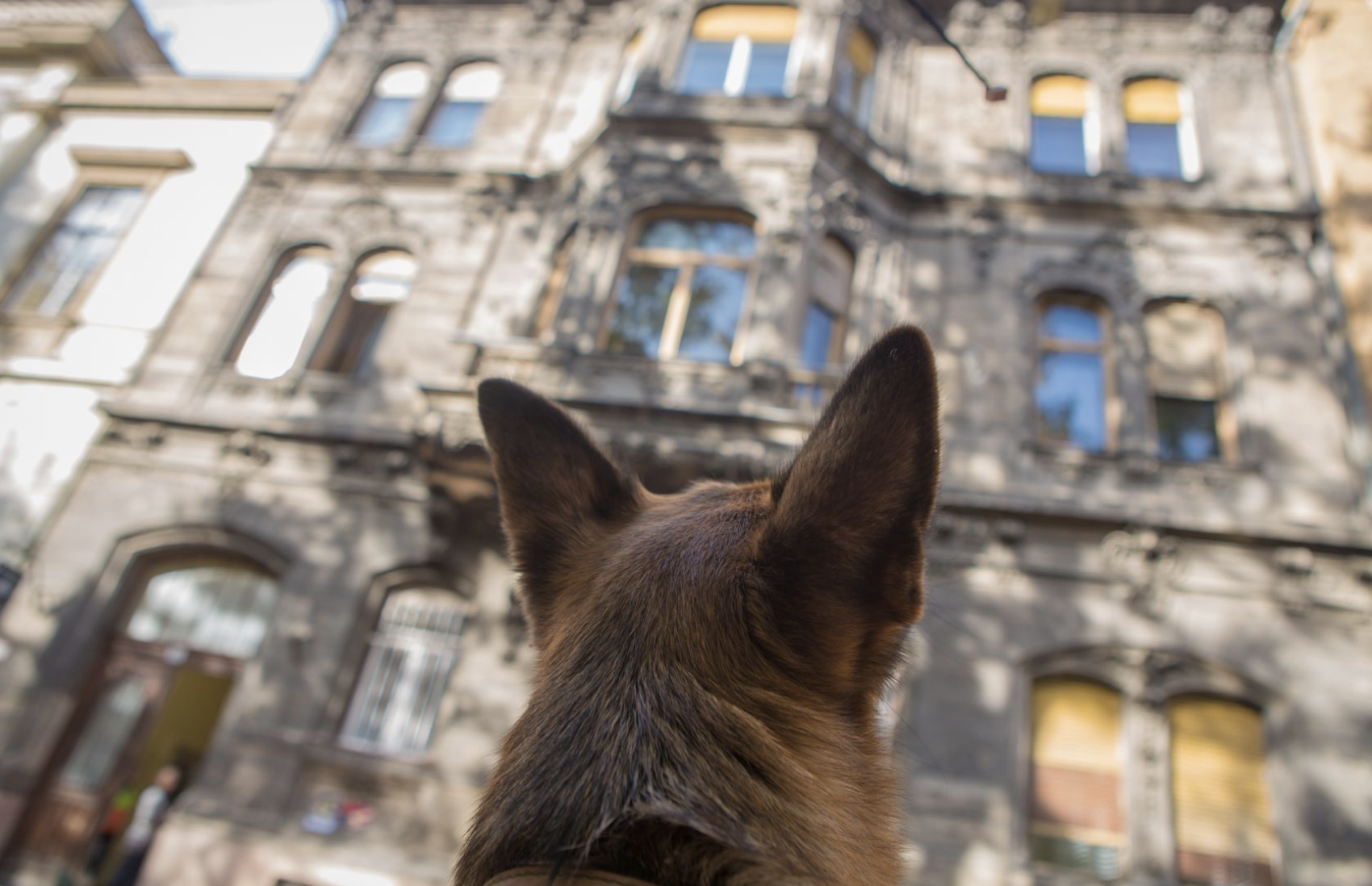
It’s clear that Joshua and his family have either fled or been taken, but the suffering the viewer follows is that endured by Kaleb, who lives on the streets, joins a pack of dogs, and is eventually captured and trained to become an S.S. Guard Dog, whose mission is to sniff out Jews and deliver them to his new masters.
Eventually, Kaleb is forced to choose between Joshua and his very loving (at least to dogs and fellow Nazis) SS dog trainer (Ken Duken, who plays this with such a disturbingly attractive glow that a viewer could be excused from the futile hope that he, like Kaleb, will see the light).
As in the real Germany of the 1930s, the environment in the film grows increasingly menacing. Nazi sympathizers who might be inclined to adopt some of Anya’s puppies are not interested in them without papers to prove they have only German Shepherd blood.
Stores where the family has been shopping for years, suddenly carry signs denying them access: “No Dogs, No Jews Allowed” (although there is the distinct sense that dogs would be more welcome than Jews).
While Kaleb initially runs into discriminatory behavior from the dog pack he finds on the street, he eventually wins acceptance. There is no such possibility for Jews who are taken by the Nazis.
In what may be an attempt at verisimilitude, Roth’s Kaleb is not Lassie, who always eschewed evil and recognized her responsibility to do whatever was necessary to rescue her former master. Kaleb seems just fine with the S.S. dog trainer, Ralph (Duken).
When Joshua miraculously shows up at the labor or concentration camp where Kaleb is working, the dog recognizes him, but the viewer is not at all certain that the animal, who has already savagely attacked prisoners as well as other strays, will help the child.
Undeniably intelligent, Kaleb, like many of his human counterparts, wants to survive and that may preclude distinguishing between good and evil.
Roth seems to be insisting that while both humans and dogs have intelligence, only humans can temper it with reasoning, logic, and morality. Dogs act on instinct.
One of the most charming scenes in the film is the Passover seder celebrated while the family and their guests are still trying to survive in Berlin. Kaleb is able to find the Afikomen because Joshua rubbed it with meat.
When the dog finally rises to the occasion (he saves Joshua from Ralph and leads the boy away from the camp to freedom), it is unclear if Kaleb has risen above his species, distinguishing between the pure love he shares with the boy and the tainted-with-hate love lavished on him by the Nazi trainer.
The film, which is suitable for multigenerational viewing, includes a great deal of information, all of which can be useful as an introduction to the Holocaust. It uses adorable puppies and very relatable children to lure its audience before delivering its history lesson. And while the film does not shy away from violence, none of it is gratuitous. It’s frightening, and it’s real.
Besides the references to the escalation in restrictions, children are shown acquiescing to the demand to wear a yellow star. They are expelled from schools. The Nazis’ demand that the family’s non-Jewish housekeeper find work elsewhere is shown as equally painful for all of them.
Books are burned, Hitler youth camps glorify the Aryan ideal, and Jews are sent to labor and concentration camps by cattle cars.
Both Kaleb and Joshua are subjected to forced separation from their families and starvation; Kaleb alone faces a selection process and imprisonment behind bars, but children will understand that it is happening to Jews as well.
It is a busy movie, giving viewers the opportunity to see others who are suffering at the hands of the Nazis, including partisans who not only conduct raids on neighboring homes for supplies but also help smuggle Jews—and, perhaps, dogs—into Palestine.
Without resorting to too many deus ex machina plot machinations, Roth manages to include the importance of faith and ritual to Jews both before and after their imprisonment. When an inmate who becomes a father figure to Josh in the camp is asked why he continues to pray to a G-d who the others insist does not listen, the inmate says it’s important to him to say the words.
The film, which will be opening May 28 in theaters nationwide, including the Village East Cinemas in New York, provides a fresh perspective on the tragedies and inhumanity faced by Jews during the Holocaust, providing hope and an image of the depth of love in the story of a dog and his boy.
***
Two Sues on the Aisle bases its ratings on how many challahs it pays to buy (rather than make) in order to see the play, show, film, or exhibit being reviewed. 5 Challahs is our highest rating.
Shephard: The Story of a Jewish Dog received 4 challahs.

